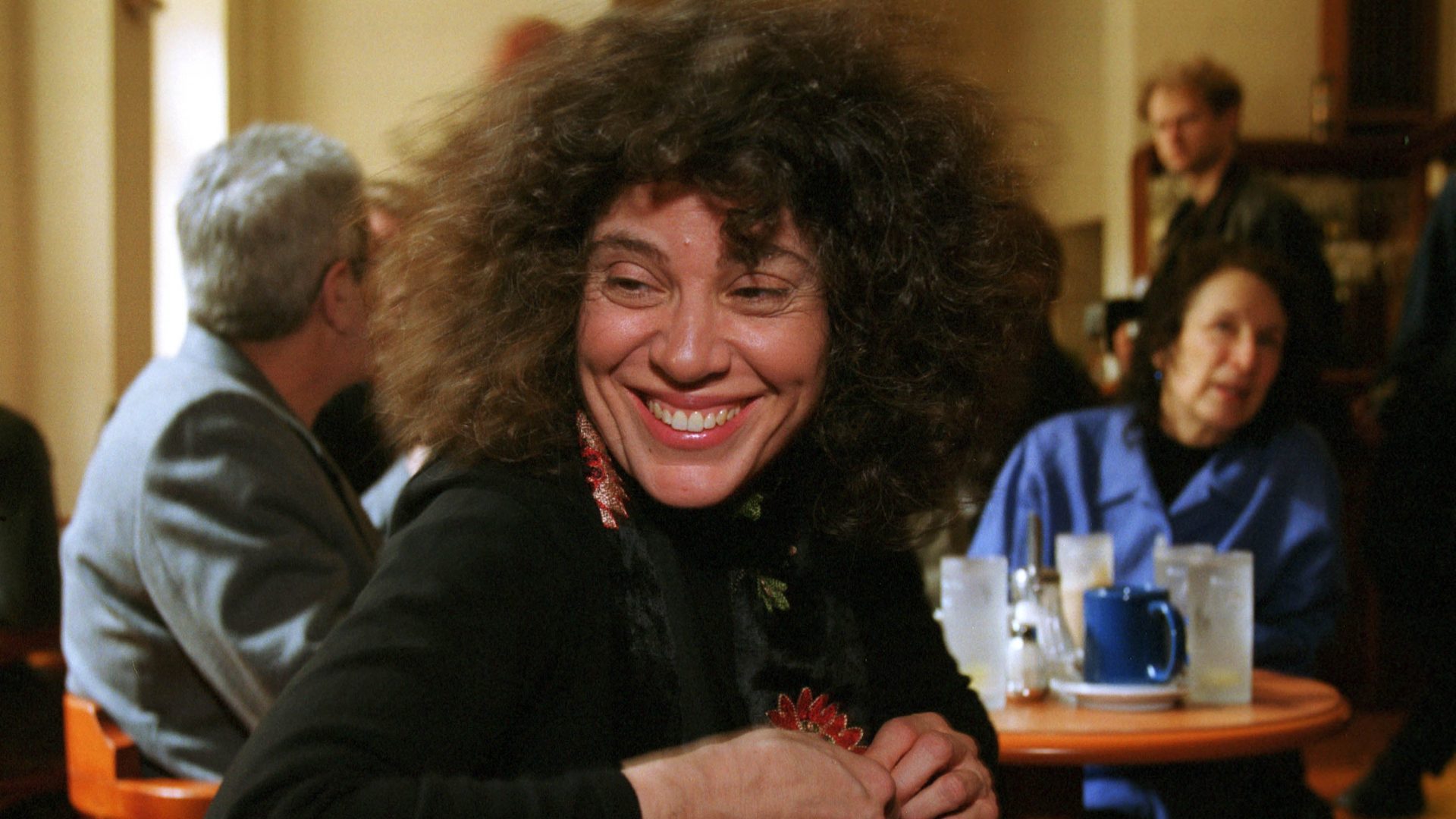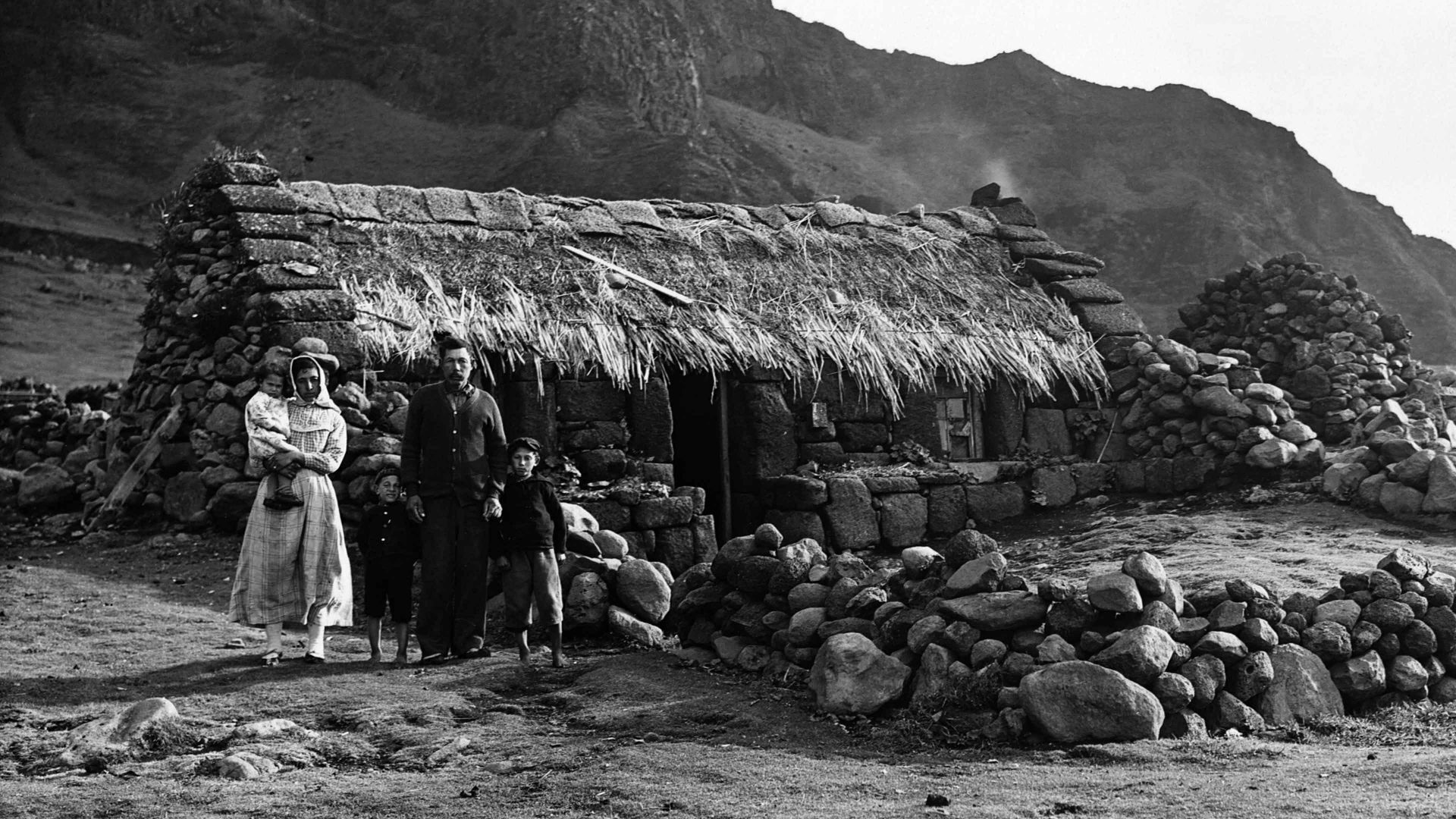“We know life is finite,” begins Anne Michaels’ new novel Held. “Why should we believe death lasts forever?”
This arresting opening line is from the mind of an English soldier, lying badly wounded in the mud at Cambrai near the river Aisne in 1917, as he drifts in and out of consciousness.
“We can only think of the unknown in terms of the known,” he muses, delirious. “The speed of light cannot reference time. The past exists as a present moment.”
A new novel from the Canadian author is quite an event. Her debut, Fugitive Pieces, was published in 1996, the story of a Holocaust survivor rediscovering his humanity thanks to the Greek man who rescues him, and won a string of awards including the Orange Prize for Fiction and the Guardian Fiction Prize. It would be 13 years before her second novel The Winter Vault arrived, based around the dismantling and relocation of the ancient Abu Simbel Temple during the 1960s to make way for the vast reservoir created by the Aswan High Dam.
And here we are, a full 14 years after that, greeting the arrival of Held.
Although her fiction output barely reaches one book a decade, Michaels’ fascination with the impact of global events on individual lives and relationships remains undimmed. Neither is she any less haunted than she was when she wrote Fugitive Pieces. Held is infused with ghosts and the sense that everything unknown to us, the past with its dead and the supernatural, is close by, closer than we could ever imagine. Lost loved ones, fleeting encounters, traumatic events, everyday banalities, they all surround us and we are only separated by a thin membrane of time.
“Everywhere the dead are leaving a sign,” she writes. “We feel the shadow but cannot see what casts the shadow.”
Michaels made her name as a poet – she has published several collections of verse – equipping her novels with a lyricism that invokes a dream-like state in the reader. Held is not a long novel and most of it is in short sections, yet one emerges from it with a deep sense of time passed. I read it in one sitting. I did not necessarily intend to, but so absorbed was I in the chronological jigsaw Michaels creates that before I knew it I had emerged on the other side bewildered at how so much time had been compressed between the pages when relatively little had passed in the room where I sat.
While we begin on the battlefields of Flanders in 1917, Held’s world encompasses more than a century between 1902 and 2025. If this was a more conventional novel it would be a dynastic epic based on four generations of women from the same family, but Michaels’ skill lies in how she never lets the reader settle into conventional chronology.
This beautiful work operates in an almost hallucinatory atmosphere, a dreaminess tinged with melancholy as new characters and locations loom out of the decades in different eras connected by a mesh of threads that make time loop around on itself, shifting, merging and separating, wrapping itself around the reader in a way that would be unsettling and unsatisfying in the hands of a lesser writer.
In Michaels’ world, time is never linear, it travels relentlessly in all directions and no directions, whispering at the edge of a character’s consciousness, flitting at the edge of their vision. Yet somehow she manages to anchor the reader in a story where disparate people and events slot easily and imperceptibly into place, the past becoming the present and vice versa, a book of glimpses of how life is made up of millions of tiny coincidences and chances that are all part of the revolving network of time.
The wounded soldier whose fragmentary consciousness opens the novel is John, who survives his injuries, returns to his wife Helena and reopens the photographer’s studio he had founded before enlisting. Helena is a gifted artist who paints backdrops for the studio, both of them specialising, in their own ways, in capturing moments in time and making them still.
When he returns to work, John finds himself making portraits of families reunited by their menfolk’s return from the front, creating a “proof of homecoming, an argument for believing family life had resumed, evidence of various forms of survival and return”. He keeps a range of props behind which the ex-servicemen can hide the space where missing limbs should be and becomes adept at obscuring disfigurements with careful posing.
All seems well until he develops a portrait of a young man returned from the war and finds when the image shimmers into view in its chemical bath the man’s dead mother standing next to him, her hand on his shoulder. When similar figures appear alongside other subjects it is enough to release the pent-up trauma festering within John with tragic results.
Yet this is not a ghost story, at least, not in the conventional sense because Held brims with ghosts. The remarkable photographs vanish from the narrative and we are taken forward three decades to west London in the early 1950s. One of the first things Helena did after the death of her husband was burn her beautiful painted photographic backdrops, but when 30 years later she finds herself employed as a life model by a famous artist, she begins to explore her talent again.
She speaks regularly to her daughter Anna on the telephone until “Helena began to draw on the message pad by the phone. She did not realise what she was doing until John’s face was looking back at her, as if he had risen from the paper, she thought, as if he had been imprisoned there and was now free”.
Anna has become a doctor, travelling to war zones, as does the daughter Mara she has with her husband Peter, a hat maker from Piedmont. It is almost as if there is a latent resonance of the hours Anna’s father, Mara’s grandfather, spent lying wounded on the battlefield lingering in the liminal space between life and death, that lurks in his descendants and pushes them into saving those in the same predicament.
Mara is in a relationship with Alan, a disillusioned war reporter she met under fire, a man trying to make a difference by telling stories of what he sees yet who is aware that however many millions of words he might write they will not make a jot of difference. He despairs in 1984 at how modern warfare has shifted from traditional battlefields to be fought “exactly where we live, exactly where we always believed we were sheltered… The strategic bombing of hospitals to prove how senseless it is to save lives in a war zone, senseless as stopping up a hole in the hull of a ship at the bottom of the sea”.
The span of the novel reflects this, one character’s mother having been killed in Suffolk during a first world war Zeppelin raid, the giant airship moving through the night “unhurried as fate, a mesmerising, predatory slowness”, a first inkling of the nature of war becoming universal and all-encompassing, a horror with no hiding place for combatant nor civilian.
War is not the only bringer of random death, of course. Michaels writes of the fishing communities of the North Sea where fishermen’s wives would knit their husbands ganseys whose pattern was native to that settlement. Each would also include a deliberate error in the pattern so that if his body washed up on shore his home could be identified by the pattern of his jersey, his household by a particular quirk of stitching, “a message sent into darkness, the stitch of calamity and terror, a signal to the future, from wife to widow”.
If the random nature of death and destruction forms our world as much as anything else, Michaels is keen to demonstrate the same is true of love. Most of the key relationships in the book are the result of chance encounters, a meeting in a French forest that begins the dynasty, a mistaken disembarkation from a train and the inadvertent intervention of a drunk man in an inn “soused and staggering, every careful step an acknowledgement of the spinning earth and its axial tilt”, a sheltering under fire: every love story here is sparked on the flint of chance.
We are all but a series of these tiny coincidences that create tiny stories in a tiny world tossed around in a vast wash of time. Even the light of the universe we see in the night sky has travelled so far the star that produced it is long gone by the time it reaches us.
“Who can deny the reality of starlight?” Michaels asks. “Yet the stars that give us our light do not exist.”
Such conundrums underpin this extraordinary novel, a book that takes us from the mud of Flanders to Soviet Estonia to a Paris dinner party thrown by Pierre and Marie Curie and beyond. A curious logic of links emerges from fleeting encounters prompted by time’s constant revolving and evolving, making strands of connection too numerous to understand, let alone calculate. It is only in moments of stillness that we can pause to consider all these questions, in the painting of a picture or the fragment of time it takes for a camera shutter to open and close.
Held truly begins not in the Flanders mud but when a woman chances upon a photographer in some woods at the dawn of the 20th century. It is a fleeting encounter whose consequences reverberate through time and the novel, one that prompts the woman to consider how “one could make a long exposure – say, 30 years of married life, or family life in a kitchen, infants growing into adults – and all that the photographic plates would show was an empty room. But it would not be empty, instead it would be full of life, invisible and real”.
Held by Anne Michaels is published by Bloomsbury, price £16.99




